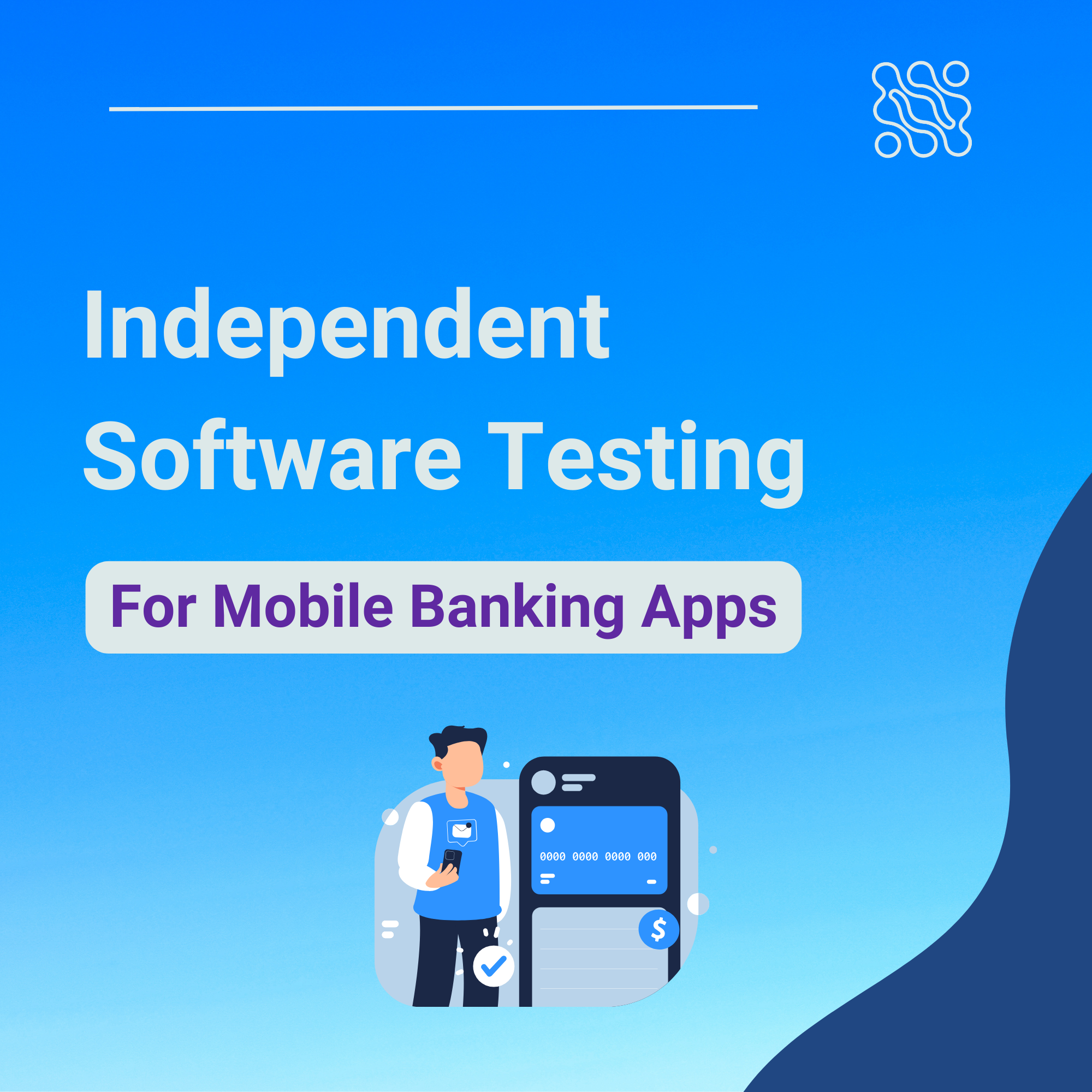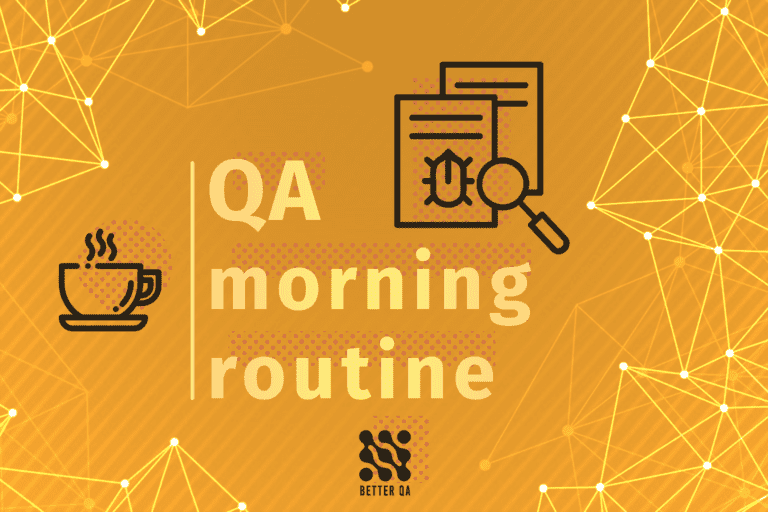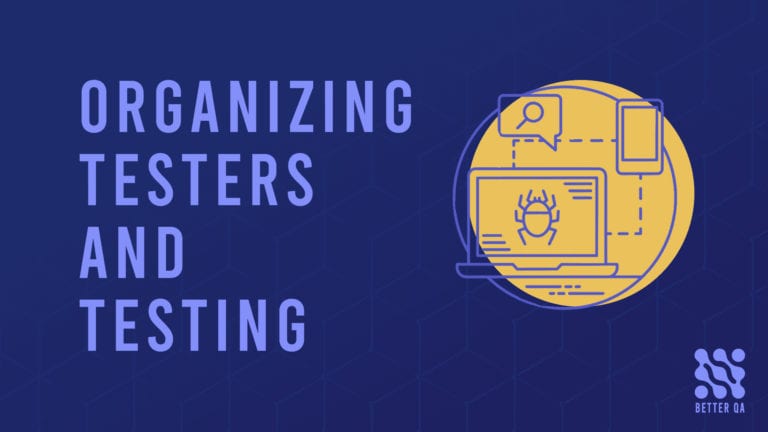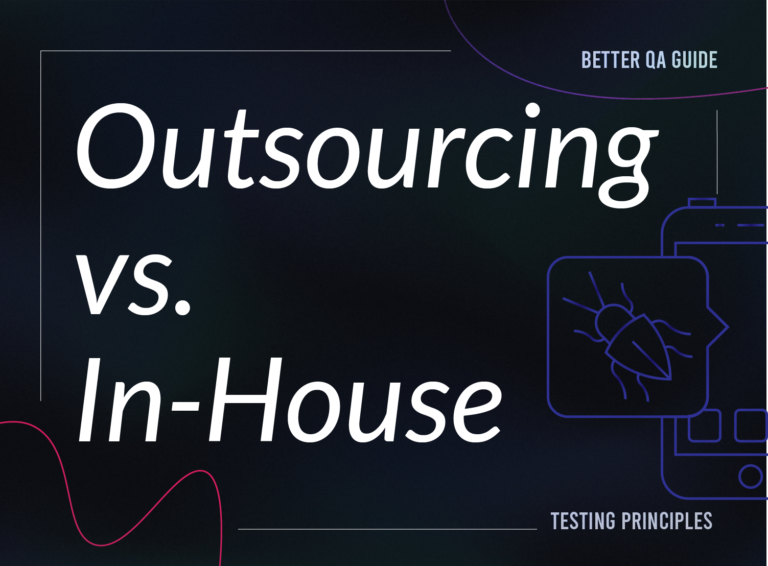Introduction
Let’s face it; mobile banking apps are everywhere. They’ve become an essential tool for managing our finances, from checking balances to making payments. But with this convenience comes responsibility. Mobile banking apps hold sensitive data, making them prime targets for cyber threats. And that’s where independent software testing comes in.
You might be thinking, “Why can’t we just test the app internally?” Well, independent testing offers some pretty solid advantages that go beyond what in-house teams can do. In this article, we’ll dive into why independent testing is crucial for ensuring mobile banking apps are not only functional but secure and user-friendly.
Why Independent Testing?
When it comes to mobile banking apps, security is everything. These apps hold sensitive information like account numbers and PINs, making them a prime target for hackers. Independent testing teams take a deep dive into the app’s security to uncover any potential vulnerabilities.
Using techniques like penetration testing and vulnerability assessments, independent testers can find weaknesses that your internal team might miss, simply because they’re too familiar with the app. It’s like hiring a hacker (but a good one) to find flaws before the bad guys do.
But security doesn’t stop there. Privacy is just as important. Independent testers ensure that your app meets data protection standards like GDPR, making sure encryption and privacy measures are properly implemented so that your users’ data stays safe.
Bolstering Security and Safeguarding Privacy
Security is paramount in mobile banking. These applications manage highly sensitive data, such as personal identification numbers and banking details, making them prime targets for cyber threats. Software testing identifies potential vulnerabilities that might escape the notice of internal teams, possibly due to familiarity bias or resource constraints. Techniques like penetration testing and vulnerability assessments help discover weaknesses that could be exploited maliciously.
At BetterQA, we employ independent software testing to unearth vulnerabilities that might be overlooked by in-house teams, potentially due to familiarity or resource constraints. We expose weaknesses that attackers could exploit through methods like penetration testing and vulnerability assessments.
Privacy concerns are equally critical. Independent testers ensure mobile banking apps adhere to stringent data protection standards like the General Data Protection Regulation (GDPR). They verify that encryption protocols are adequately implemented, protecting data transmission from unauthorized breaches.
Ensuring Accuracy and Dependability
Now, let’s talk about the user experience. When someone uses your mobile banking app, they expect things to work flawlessly, every time. From checking account balances to transferring money, everything should be quick, easy, and accurate. Independent testing makes sure your app delivers on these expectations.
It’s not just about testing for functionality either; it’s about making sure the app works across different devices and operating systems. Whether someone’s using an Android or iPhone, your app should work seamlessly. Independent testers perform extensive checks to make sure it works smoothly on a variety of platforms.
But there’s more. Reliability is key in mobile banking. People rely on these apps 24/7. Independent testing teams run stress tests to make sure your app can handle the high traffic that comes with peak times, like payday or the holiday season, without crashing.
Enhancing User Experience
A great user experience (UX) can make or break an app, especially in mobile banking. Imagine trying to pay a bill on an app that’s slow to load, has a confusing interface, or worse, crashes during a transaction. Frustrating, right?
Independent testers take a close look at your app’s UX, focusing on its responsiveness, design, and ease of navigation. They ensure the app is intuitive for everyone, whether they’re tech-savvy or not. This attention to detail makes users feel comfortable, which leads to greater app engagement and overall satisfaction.
Complying with Regulations and Building Trust
One of the biggest advantages of independent testing is ensuring your app complies with the regulations set forth for the financial industry. Mobile banking apps are subject to a whole lot of rules, and non-compliance can lead to some pretty hefty fines or worse, a loss of user trust.
Independent testers make sure your app meets the necessary compliance standards, such as PCI-DSS for payment security and GDPR for data protection, so you’re legally protected and your customers feel secure using the app.
Conclusion
When it comes to mobile banking apps, independent software testing is not just a nice-to-have; it’s a must. It ensures that your app is secure, user-friendly, reliable, and compliant with all necessary regulations. With independent testing, you’re not just preventing problems; you’re also building an app that customers can trust and rely on.
At BetterQA, we’re committed to providing top-notch independent testing that guarantees your mobile banking app stands up to the highest standards of quality and security. With our thorough approach, you can rest assured that your app will deliver the best user experience, keeping your customers happy and your business thriving in the competitive world of digital banking.
Stay Updated with the Latest in QA
The world of software testing and quality assurance is ever-evolving. To stay abreast of the latest methodologies, tools, and best practices, bookmark our blog. We’re committed to providing in-depth insights, expert opinions, and trend analysis that can help you refine your software quality processes.
Delve deeper into a range of specialized services we offer, tailored to meet the diverse needs of modern businesses. As well, hear what our clients have to say about us on Clutch!



